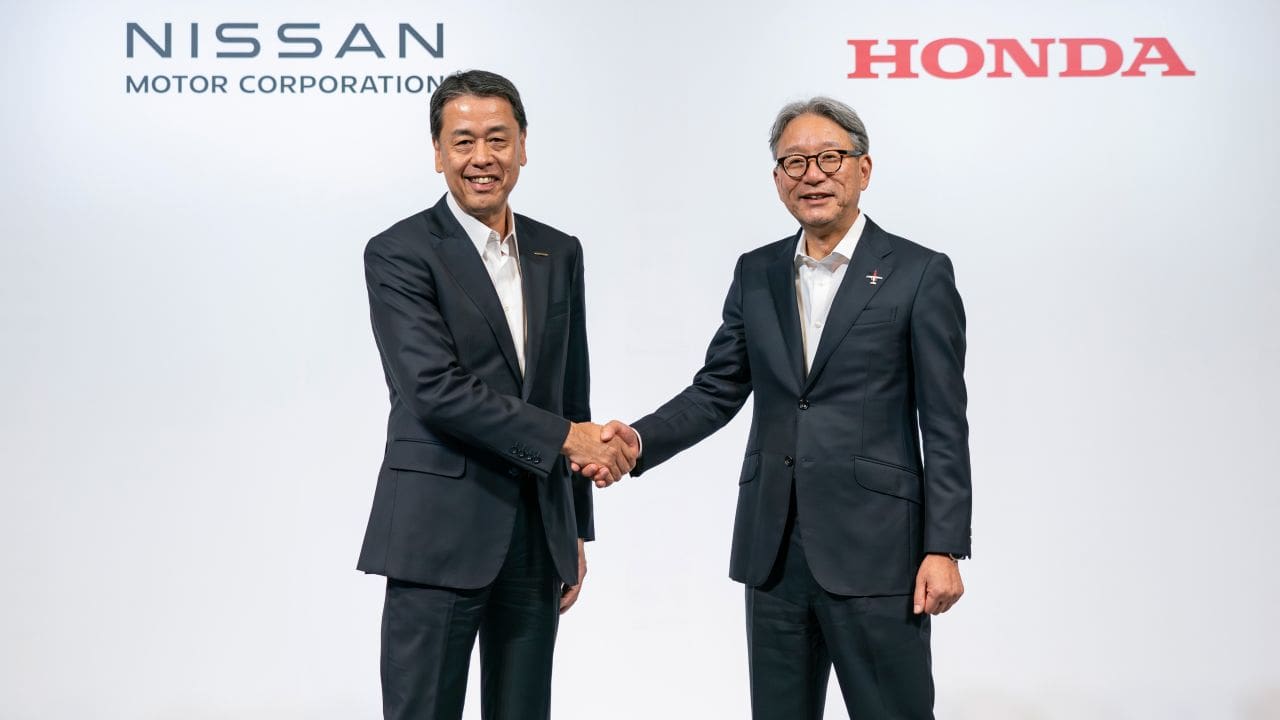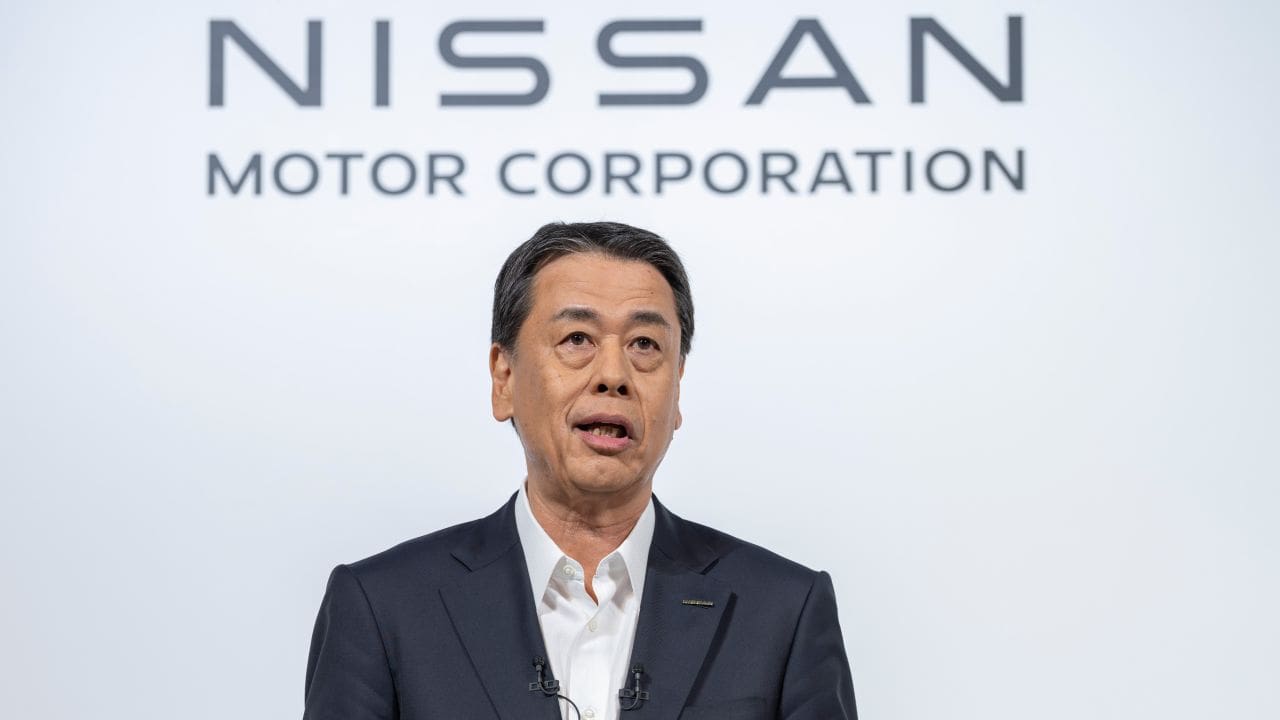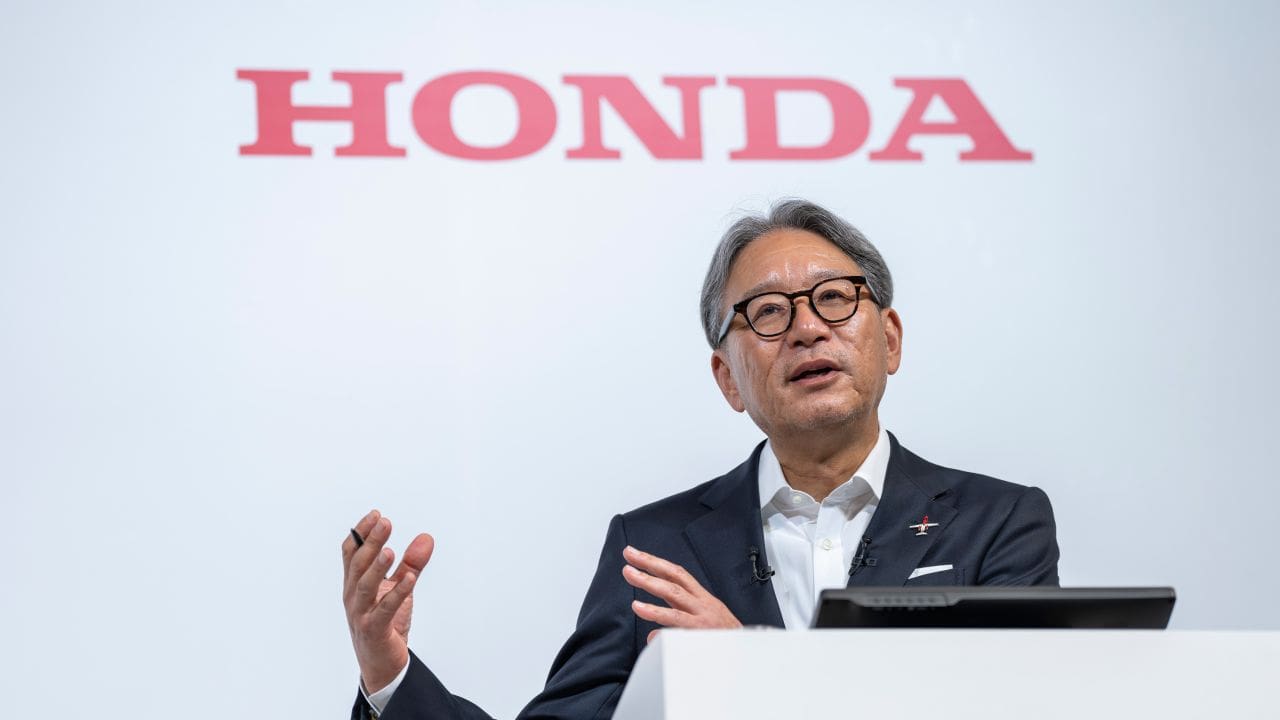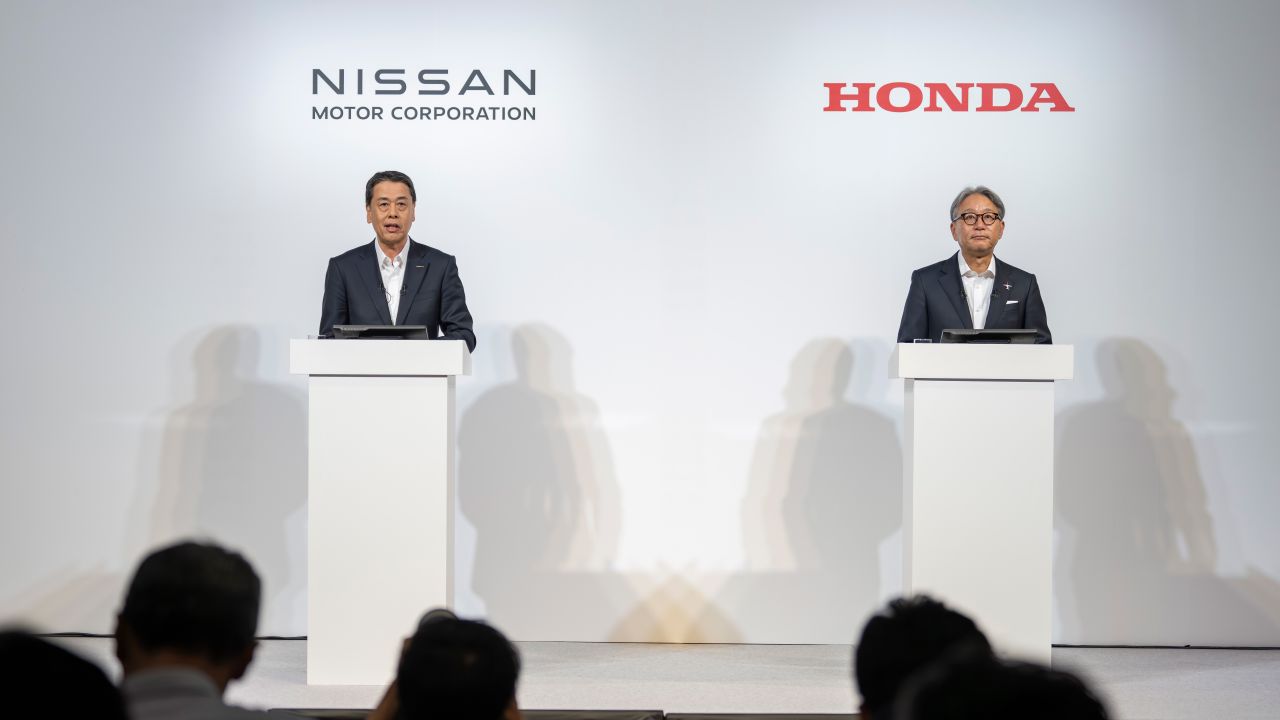
Negotiations for what was supposed to be a Honda-Nissan merger seem to have fallen through. As numerous outfits and reports have it, the two Japanese automotive manufacturing giants have allegedly reached an impasse regarding hierarchy and ownership, among many other things, should they tie up and bring about what potentially could be the 3rd biggest automaker to date. Honda is on good footing, but what problems lie ahead for Nissan if this deal fails?
Honda-Nissan Merger talks suspended

Photo: Honda
In the past month or so, talks of the Honda-Nissan Merger have caught fire. Many outlets and outfits were quick to jump on the news because, by its nature, it truly is big! However, what many may have missed is first, Honda, Nissan, and Mitsubishi came together as early as August last year, signing a Memorandum of Understanding (MOU) to collaborate for carbon neutrality and zero traffic-accident fatalities. Obviously, at this point, Nissan’s woes have not yet been made known to the public. At least not as openly as how it was before 2024 ended.
Second, in response to said woes, the Honda-Nissan Merger was not – technically – a final confirmation of an actual merger. Allow us to explain. While we are not privy to specifics and provisions written in the terms of the Understanding, unless it is explicitly stated in this memorandum that any form of legal obligation(s) will commence upon its signing, then a – this – Memorandum of Understanding is not immediately a legal and binding contract. That truly is the meat of it. It may and can be considered a serious commitment, but by its nature, parties are clear from legalities.

Photo: Honda
Now, on to the problems that an unsuccessful Honda-Nissan merger would bring to the latter.
As it stands, and while no official numbers have been reported, Nissan’s stocks have allegedly dropped by up to 4%. Renault, a part of the first Alliance between them, Nissan, and Mitsubishi, has 36% ownership of Nissan. The French manufacturer did express support for its embattled brand, but without any added help, it may be difficult to hold back a massive workforce cut. This along with a projected 20% step down in production will only worsen Nissan’s predicament. Less people, slower and lower production, a sustained demand, all of these will not add up to profits that can help Nissan which is in the middle of its turnaround planning.
As can be surmised, Nissan is in a bit of a bad place. The first murmurs on the reveal of the MOU brought to light what looks to be a needed bailing or buy-out to help them along, or to simply keep it afloat. Maybe even in business. And as can also be assumed, a Honda-Nissan Merger could more strongly mean that the former will, in the event of either a bail or buy-out, will gain a controlling stake in the latter. It makes sense that way, right?
Yesterday’s news dealt with this “assumption” (or perhaps its actual floating in the process of the talks) and how Nissan is not willing to have any of it. The original plan was to be equal co-shareholders in a new holding company that would have been the 3rd largest in history. As talks and financial situations would have it, it seems that Honda taking over ownership of, and with Nissan becoming a subsidiary, were brought onto table which allegedly did not sit well with Nissan. Should this happen, Nissan will lose its powers over decisions to be made for its brand.
It must also be added that while all of these are going on, Renault has been offloading its Nissan’s shares for the good part of 2 years now. The French automaker allegedly advised Nissan to bargain more strongly and ask for more should Honda push for more control in the Honda-Nissan Merger.

Photo: Honda
As it stands, all reports point towards an agreement (or compromise, perhaps?) or what many hope to be something closer to a “final decision” being made later in this month, from February’s halfway point towards its tail end. Until then, the Honda-Nissan Merger will remain in limbo.
Yes, the Honda-Nissan Merger MOU did have some provisions lined up for equal, co-owning and shareholding, but with the chips down for Nissan, their “bargaining power” isn’t as strong as as it might think or believe. Make no mistake that Nissan is a very proud company, an automotive brand with a rich and storied history, and though it is facing a huge mountain of difficulties and struggles, it will not so easily take a knee and bow, all bent and broken. It simply will not.
But even with that said, how will Nissan address the looming disaster on its horizon? Not too many have come forward to offer a reprieve as immediate as that of the Honda-Nissan Merger, and the fact of the matter is that no other might come. If any, it may come too late given Nissan’s already seemingly insurmountable predicament. If everything falls through, we may very well see the unceremonious “end” of Nissan, however which way it might make its exit. That, of course, is the worst-case scenario. A bail or buy-out sounds better than “disappearing”, doesn’t it?
But as the cliche goes, “Only time will tell”.
If Nissan has any of this time left at its disposal, that is what the rest of the motoring industry and the world await to see.


